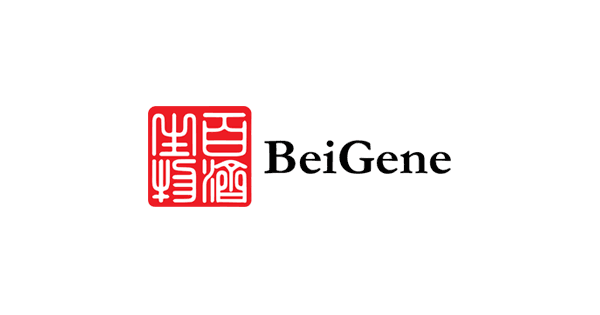AMBRIDGE, Mass. & BEIJING– BeiGene (NASDAQ: BGNE; HKEX: 06160), a global, science-driven biotechnology company focused on developing innovative and affordable medicines to improve treatment outcomes and access for patients worldwide, today announced clinical results and real world data from its hematology program to be presented at the 63rd American Society of Hematology (ASH) Annual Meeting and Exposition, including two oral presentations on the Phase 3 SEQUOIA trial comparing BRUKINSA® (zanubrutinib) to bendamustine and rituximab (B+R) in patients with treatment-naïve (TN) chronic lymphocytic leukemia (CLL) or small lymphocytic lymphoma (SLL). The ASH meeting will take place on December 11-14, 2021, as a hybrid event in Atlanta, GA and in a virtual format.
Jane Huang, M.D., Chief Medical Officer of Hematology at BeiGene, commented: “Together with ALPINE, the positive SEQUOIA trial provides evidence that BRUKINSA can improve treatment outcomes for patients with CLL. Data at ASH this year reinforce our belief that BRUKINSA’s differentiated design can bring patients clinical benefits, including those who experience treatment discontinuation with other BTK inhibitors. We look forward to sharing more details on our clinical progress in our hematology portfolio with the medical community in Atlanta.”
BRUKINSA Shows Promise in Improving CLL Treatment Outcomes with Positive Results in SEQUOIA (vs. B+R) and ALPINE (vs. Ibrutinib)
Following the positive ALPINE trial of BRUKINSA versus ibrutinib in patients in the relapsed or refractory (R/R) setting in June 2021, BRUKINSA demonstrated superiority over B+R as a first-line treatment for patients with CLL in SEQUOIA, the second positive Phase 3 trial of BRUKINSA in CLL.
Data from the randomized Cohort 1 of SEQUOIA met the primary endpoint at interim analysis, with BRUKINSA achieving a highly statistically significant improvement in progression-free survival (PFS) compared to B+R regimen. Efficacy results were consistent between independent review committee (IRC) and investigator assessments, with a hazard ratio (HR) of 0.42 for both, and were observed across patient characteristics. The data also demonstrated superiority in efficacy measured by overall response rate (ORR) as assessed by both IRC and investigator. Similar to data observed in its broad global clinical program, BRUKINSA was generally well-tolerated in patients with CLL. In particular, low rates of a key safety measurement—atrial fibrillation—were observed in the SEQUOIA trial, consistent with data from ASPEN and ALPINE, the two head-to-head Phase 3 trials of BRUKINSA versus ibrutinib.
In addition, early safety results from the ongoing Cohort 3 (Arm D) evaluating BRUKINSA in combination with Bcl-2 inhibitor venetoclax for CLL patients with del(17p), a high-risk characteristic, suggested a good tolerability profile of the combination.






